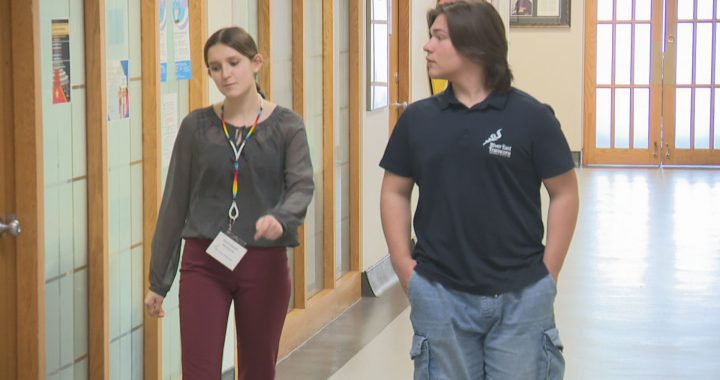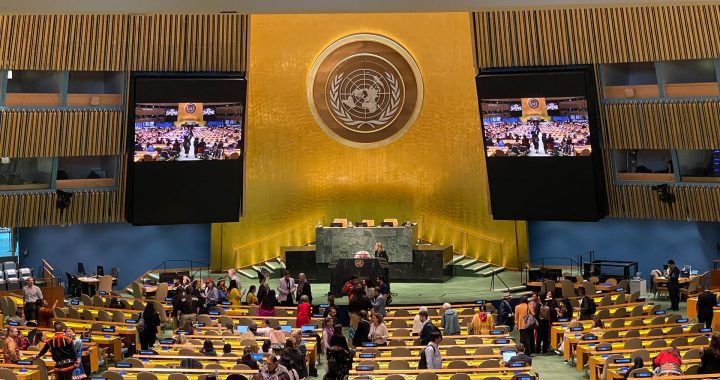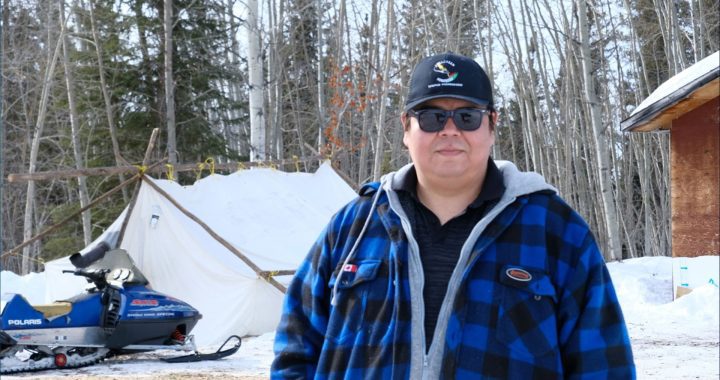By Tim Fontaine
APTN National News
HALIFAX–First Nation Chiefs say Canada needs to improve the specific claims process by November 2015 or face “direct action.”
The warning came this morning during the final day of the annual meeting of the Assembly of First Nations (AFN) that’s taking place in Halifax. In a resolution that was introduced by Skawahlook First Nation Chief Maureen Chapman, the federal government is accused of negotiating specific claims in bad faith and rejecting or closing claims at an unprecedented rate.
Specific claims are financial damage claims made by First Nations that deal with historical grievances like the mismanagement of trust funds and the loss of lands. The specific claims process is handled by the federal Aboriginal Affairs department, but First Nation leaders say the process is often too slow or is unfair.
Chiefs say Canada’s approach to specific claims is “take it or leave it.”
In November of 2013, the department also slashed the research budget for specific claims as part of on-going government wide cuts, triggering anger among Chiefs across the country. The resolution calls for that research budget to be restored and that past claims that were rejected be reopened and reviewed or reconsidered. Chiefs have directed the AFN to “…coordinate and lead a strategy to support First Nations in taking direct action if these issues are not addressed by November 2015.”
It wasn’t immediately clear what ‘direct action’ could mean but in 2010, the AFN organized a ‘national day of action’ that consisted mostly of peaceful protests across much of the country.
The resolution passed almost unanimously but Batchewana First Nation Chief Dean Sayers spoke against it, saying the specific claims process is flawed to begin with. Chief Sayers says that in cases where First Nations have successful specific claims dealing with land, they are given money to purchase it and that undermines Aboriginal title.
“They stole the land in the first place and they want us to make the justification for a claim to part of our original lands. It just doesn’t make any sense.” said Sayers.
But while Sayers disagreed with the resolution, he did say that legal ‘direct action’ can be an effective way to reclaim land.
“There is a time and a place for well planned, well thought out direct action and it can be done in a way that doesn’t criminalize our people,” he said.
@anishinaboy









